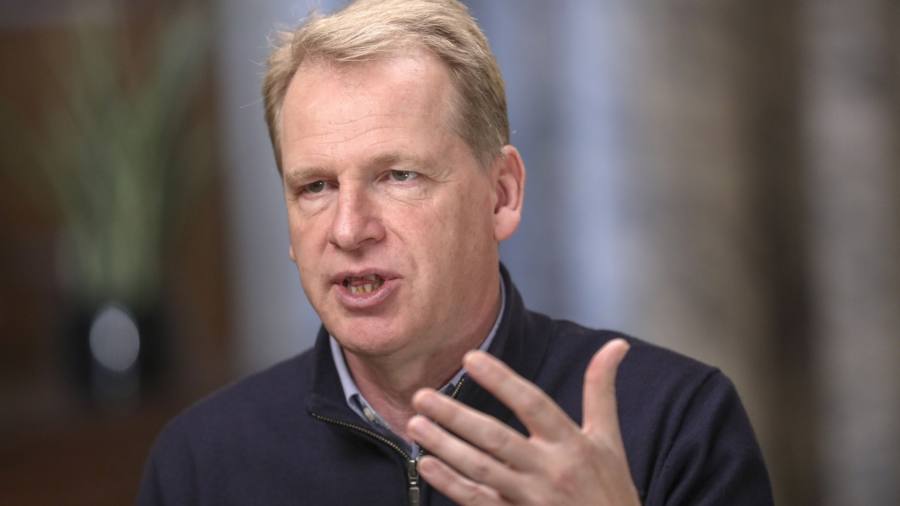
Graphcore, one of the UK’s most valuable tech start-ups, is demanding a “meaningful” portion of the government’s new £900mn supercomputer project uses its chips, as it battles US rivals such as Nvidia.
Chief executive Nigel Toon told the Financial Times that Graphcore is writing to UK ministers over the issue, saying a deal is crucial at a time its Silicon Valley investors are pressing the Bristol-based company to consider a move to America and take advantage of generous US semiconductor subsidies.
His comments come after UK chancellor Jeremy Hunt’s announcement in March’s budget of a £900mn investment to build an “exascale” supercomputer that would be “several times more powerful” than what is currently available in the UK. The machine is intended to facilitate research on climate change, drug discovery and AI.
Toon said that failing to include artificial intelligence chips designed by Graphcore — which he argued is the “only company in Europe with this technology and capability” — risked “heading towards a world of tech colonisation” by US companies such as Nvidia. He added this could cause the UK to “lose some of our tech sovereignty”.
In a letter seen by the FT and sent to Hunt, prime minister Rishi Sunak and science minister Michelle Donelan, Toon writes: “Too often we have seen British-made innovation leading the world, only to be edged-out or bought-out by overseas rivals.”
He adds: “We are concerned that unless a significant portion of the budget is explicitly earmarked for UK-based suppliers, this funding commitment will quickly be consumed by digital giants like US-based chipmaker Nvidia.”
Toon is asking the government to reserve a “large percentage” of the budget for “homegrown UK technology companies”, which could also include Arm, the Cambridge-based chip designer owned by Japan’s SoftBank. However, he conceded that there are few, if any, British providers of AI chips other than Graphcore that would benefit.
Toon insisted that Graphcore was “not asking for a handout . . . We are asking for a commercial engagement”. The company has offered to reserve for the UK exascale project up to 3,000 of its processors which are “installed and ready to go” in a data centre in South Wales.
Graphcore’s IPU chips were designed specifically for AI applications and have been used by customers and researchers in the finance, manufacturing, pharmaceutical and automotive sectors, as well as the US government’s Pacific Northwest National Lab.
In its latest fundraising in December 2020, Graphcore raised $222mn at a $2.5bn valuation, making it one of the UK’s most valuable private tech companies. The group reported annual revenues of $5mn and pre-tax losses of $184.5mn in the year to 2021, in its most recent filings to the UK’s Companies House registry.
Graphcore was dealt a blow in 2020 when Microsoft, an early investor, decided not to continue using Graphcore’s IPUs in its Azure cloud computing platform. Microsoft relied on Nvidia’s GPU chips for the supercomputing resources it built as part of its deal with ChatGPT developer OpenAI.
Graphcore and other AI semiconductor start-ups such as Cerebras and Mythic have struggled to dent the momentum of Nvidia, which has a market capitalisation of $676bn — more than five times larger than Intel, which it overtook as the most valuable US chipmaker in 2020.
As the Biden administration begins accepting applications for a share of the $39bn federal funding for semiconductor makers under the country’s Chips Act, Toon said that the topic of moving to the US “comes up frequently” at Graphcore’s board meetings.
He said it is “very clear” that there are “large amounts of money available” for deep tech companies relocating there. But Toon added that Graphcore was “quite settled” in the UK.
“We’ve got a strong talent pool,” Toon said, adding: “We quite like a warm beer.”